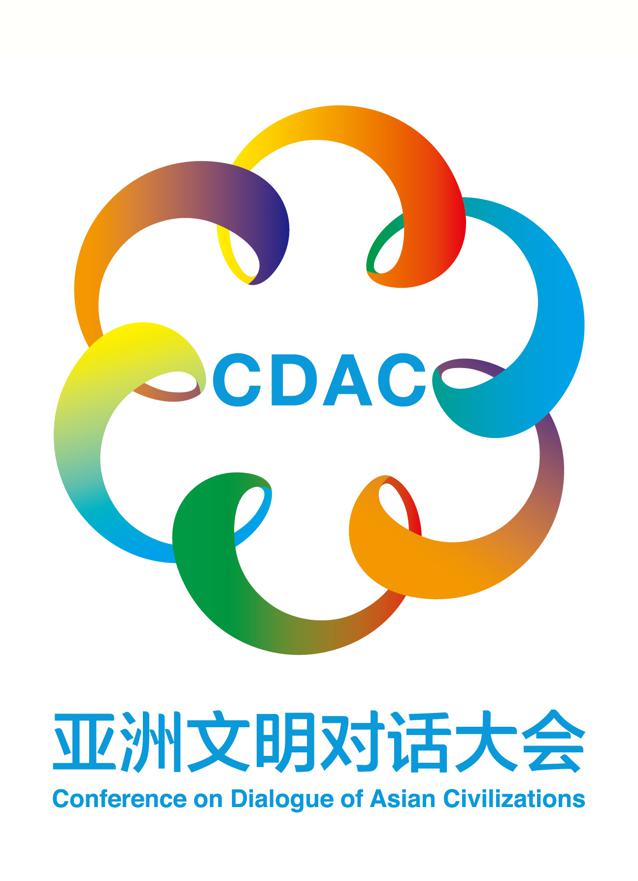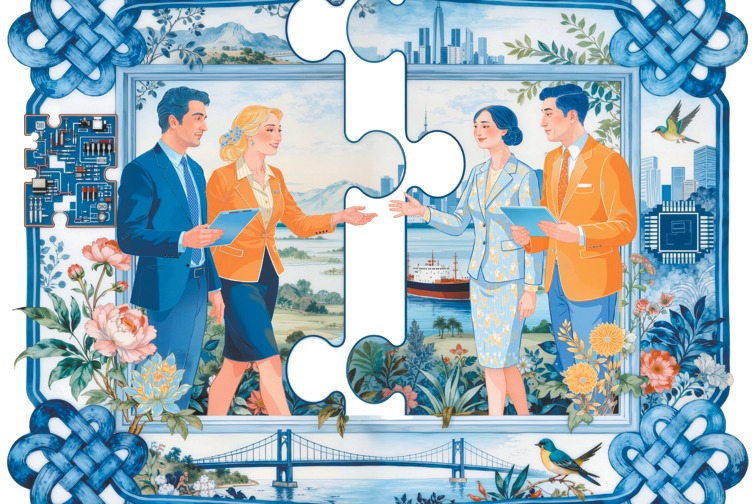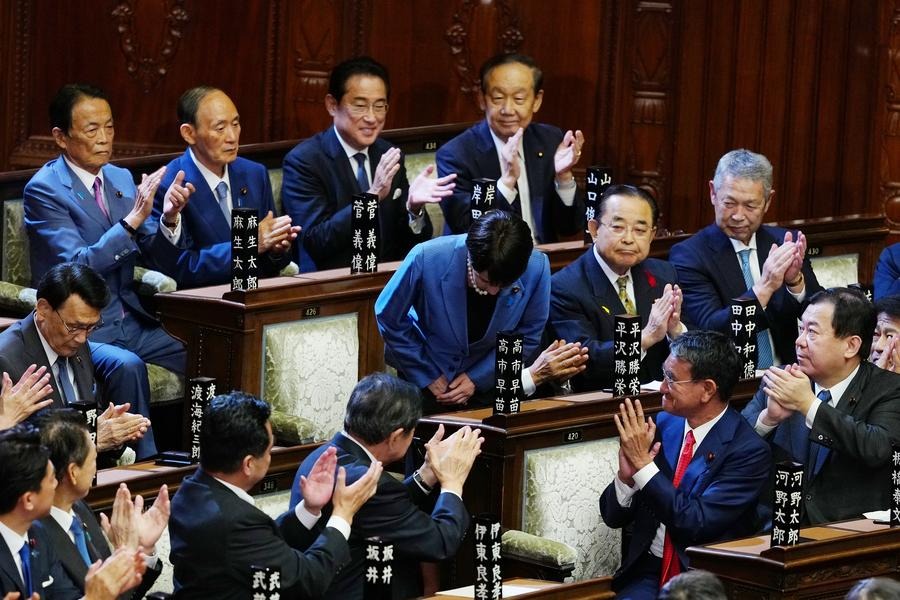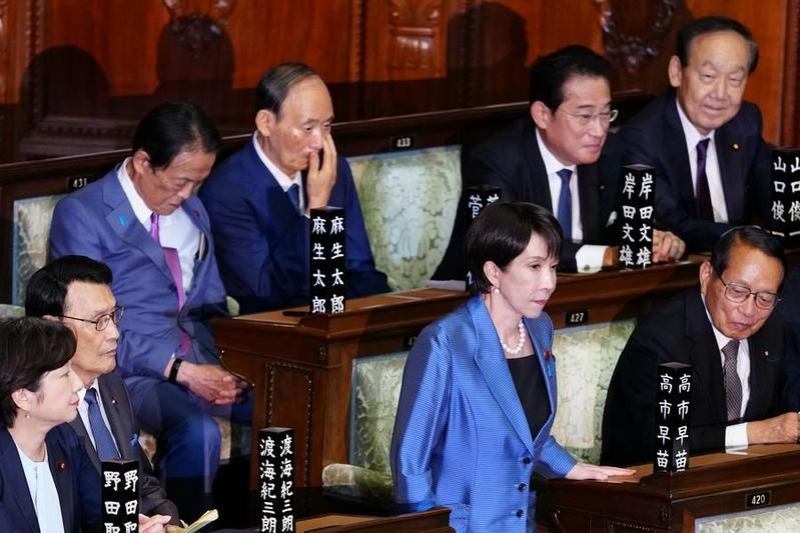Conference on Dialogue of Asian Civilizations: A blueprint for future


We are living in volatile times. Increased race-based nationalism, zero-sum unilateralism and increased protectionism threatens to roll back many of the advances made through global connectivity and communication over the past decades. Not every nation wishes to pursue this trajectory.
The Conference on Dialogue of Asian Civilizations (CDAC) set to convene in Beijing on May 15-16 will explore other options and offer alternatives. In a diverse multilateral world, different systems and approaches can and should coexist. There is no reason for one nation’s system to be unilaterally imposed on every other nation.
The CDAC will set into motion a dialogue toward sharing experiences on Asian governance. Asian approaches to governance can differ from Western ones. Moreover, given that each nation’s own experience -- historically, culturally, socially and developmentally -- is different, a multilateral view that embraces diversity may offer a more resilient and sustainable path for our planet and its people in the future rather than a zero-sum game.
Sharing experience on Asian governance between countries will be a core theme expected to run through the two days of the upcoming CDAC. That means exchanging experiences among Asian nations as equals. These experiences can be borrowed and adapted where appropriate, but should never be imposed.
The CDAC will draw upon the inherent principles shared across Asian civilization to find commonalities in building a multilateral dialogue in the interest of each nation. The CDAC will convene around three themes.
Asian wisdom to promote political advancement
The rich and complex diversity of Asian culture creates a historic reality that differs from the West. The zero-sum mentality does not exist in Asia. The Western view is one based on duality. For example: good versus bad, black versus white, success versus failure. The Western view only sees winners versus losers.
The Asian view is one that is based on principles of yin-yang, concepts of harmonious balance and integration. Governance rises through processes that are often diverse yet complimentary. There is no need to have a winner and a loser, as the objective is a nondual outcome that can benefit all.
The model of team-based and conflict-oriented democracy that sees one side winning everything and the other losing until it can destabilize the winners may be suitable for a culture based on duality and conflict. In Asia, consensus-building as the foundation of governance is consistent with the cultural values of integrated harmony and balance. Sharing experience rather than imposing ideologies will be key to this session at the CDAC.
Asian solutions to benefit the people
By nature, Asians are practical. They want to find ways to advance their own economic development in a way consistent with their own needs and cultural sensitivities. They themselves understand their own sensitivities and how best to address them.
Ideologically premised, economic models formulated in the isolation of Western academic or think tank institutions may be completely irrelevant and inapplicable when tested against the realities that each Asian nation must face in approaching its own development. The consistent failure of these theoretically based outside approaches has underscored the necessity of Asian nations evolving their own systems and approaches to economic development based on their own realities and culture. This dialogue can be expected to be a major focus at the upcoming CDAC.
Asian community with a shared future
People in each nation know what is best for them. Each nation’s geography, topography, culture, heritage, and the comparative economic advantages and disadvantages are specific to that nation and its people. The cultures and nations of Asia have been engaged in commercial and political dialogue leading to some of the greatest scientific and cultural advancements long before Western nations claimed to “discover” and then colonize them. The Asian community of nations should have a clear sense of their own direction and does not need to have external interference to guide their future.
From technology to transport, culture to communications, the Asian nations have their own historic dialogue among themselves and their own means to resolve their differences, which can be best achieved without interference from outsiders who don’t understand their conditions and cultures.
Economic integration within Asia will be enhanced through the Belt and Road Initiative. Infrastructure and transport are key to achieving development. Ecological civilization emphasizes clean energy in building new integrated infrastructure that will benefit generations to come. All Asian nations share the need to shift toward clean energy at a time when fossil fuels are being promoted by some quarters in the West.
The CDAC will seek to bring values, culture and economic experience into an integrated dialogue for resilience on a planet needing solutions for sustainability. The CDAC may end up being more than just a dialogue. It could give us all a blueprint for achieving the UN 2030 Sustainable Development Goals, at least in Asia.
The author is founding director of Himalayan Consensus and an international research fellow at the Center for China and Globalization.
The opinions expressed here are those of the writer and do not necessarily represent the views of China Daily and China Daily website.


































